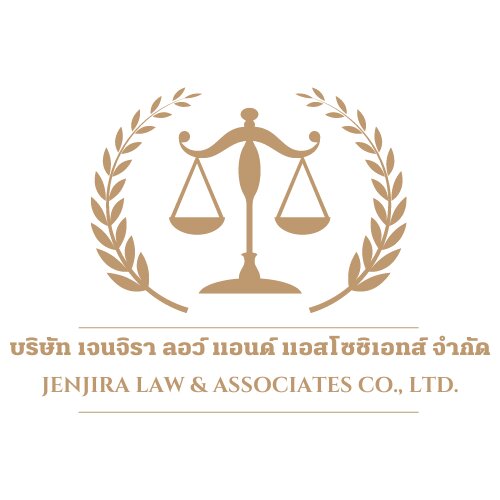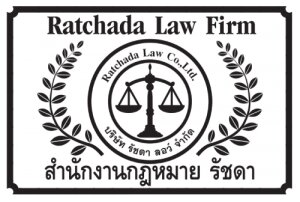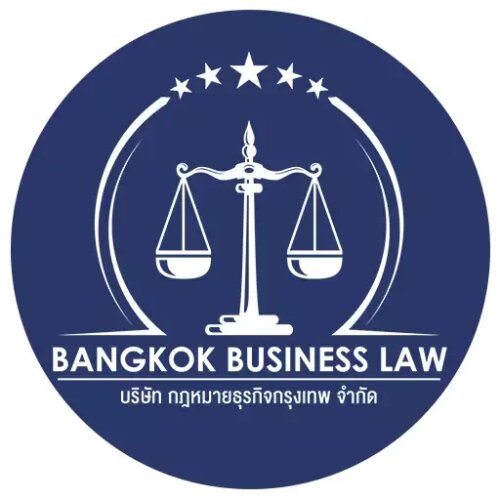Best Funds & Asset Management Lawyers in Bang Kapi
Share your needs with us, get contacted by law firms.
Free. Takes 2 min.
List of the best lawyers in Bang Kapi, Thailand
About Funds & Asset Management Law in Bang Kapi, Thailand
Funds and asset management is a specialized area of law covering the formation, operation, regulation, and distribution of investment funds and financial assets. In Bang Kapi, Thailand, this sector plays a significant role in facilitating domestic and international investment, both for individuals and organizations. The laws aim to protect investors, ensure transparency, and maintain the integrity of the financial system by setting standards for fund management companies, fund registration, operations, reporting, and compliance.
Why You May Need a Lawyer
Legal support is often essential for anyone involved with funds and asset management in Bang Kapi. Common situations where a lawyer’s expertise is invaluable include:
- Setting up new investment funds or asset management entities - Navigating compliance with the Securities and Exchange Commission (SEC) Thailand’s rules - Drafting and reviewing investment management agreements - Handling regulatory investigations or audits - Resolving disputes between investors and asset managers - Understanding the implications of tax laws on funds and investment vehicles - Advising on cross-border investments and foreign investor requirements - Assisting with mergers, acquisitions, or restructuring of funds - Ensuring anti-money laundering and counter-terrorism financing (AML and CTF) compliance - Protecting investor rights when something goes wrong
Local Laws Overview
Funds and asset management activities in Bang Kapi are primarily regulated under Thai national law, but local practices and interpretations can also play a role. The main regulator is the Securities and Exchange Commission (SEC) Thailand, which enforces the Securities and Exchange Act, the Trust for Transactions in Capital Market Act, and related Royal Decrees. Key aspects of Thai funds and asset management laws include:
- All fund managers must be licensed by the SEC and comply with strict conduct standards - Mutual funds, private funds, and property funds are subject to different rules regarding formation, investment policy, and disclosures - Custodians and trustees must be appointed to safeguard investor assets - Regular audits, financial reporting, and disclosure to investors are mandatory - Any forms of misleading advertising or conflicts of interest are strictly regulated - Foreign participation is allowed but subject to specific requirements - Tax incentives and exemptions may be available for certain fund types - Anti-money laundering and know your customer (KYC) rules must be followed diligently
Frequently Asked Questions
What is the difference between a mutual fund and a private fund in Thailand?
A mutual fund is open to the general public and regulated with strict sales, marketing, and disclosure rules. A private fund is tailored to specific clients, often high net worth individuals or institutions, and has more flexible investment policies but is only available to eligible investors.
Do I need SEC approval to launch an investment fund in Bang Kapi?
Yes. All public funds and most private funds require approval or notification to the SEC before launching. Fund managers must be licensed.
Are there restrictions on investment strategies for Thai funds?
Certain strategies, such as derivatives trading or foreign investments, are closely regulated. Each fund type has allowed and prohibited investment activities set by the SEC.
Can foreigners invest in Thai funds in Bang Kapi?
Yes, with some restrictions depending on the fund type and the asset class. Foreigners may face limitations on certain property funds or need to comply with foreign exchange controls.
What fees can asset management companies charge in Thailand?
Fee structures must be clearly disclosed to investors and are subject to SEC scrutiny. Common fees include management fees, performance fees, and administrative costs.
How are investor rights protected in Thailand?
The law requires fund managers to act in the best interests of clients, provide transparent reporting, and avoid conflicts of interest. Dispute resolution mechanisms are available, and the SEC can investigate abuses.
What are the reporting requirements for funds?
Funds must submit periodic financial reports, fact sheets, and audited statements to the SEC and disclose performance and portfolio changes to investors.
How do tax rules affect funds and investors?
Different fund types may have exemptions or reduced tax rates on capital gains, dividends, and interest. Individual tax situations may vary and legal advice is recommended for proper planning.
What happens if a fund violates regulations?
The SEC may impose fines, revoke licenses, or initiate criminal proceedings. Investors may also have civil remedies against fund managers for losses caused by unlawful conduct.
Are there special rules for sustainable or ESG funds?
ESG (Environmental, Social, and Governance) funds are increasingly recognized, and the SEC has guides for their disclosure and reporting. These funds must still comply with standard fund regulations.
Additional Resources
- Securities and Exchange Commission (SEC) Thailand - The Stock Exchange of Thailand (SET) - Anti-Money Laundering Office (AMLO) - Thai Investors Association - The Association of Investment Management Companies (AIMC) Thailand - Local law firms in Bang Kapi specializing in financial and investment law - Ministry of Finance Thailand for tax and regulatory insights
Next Steps
If you believe you need legal assistance regarding funds and asset management in Bang Kapi, consider the following steps:
- Identify the specific funds or investment activities for which you need legal guidance - Gather relevant documents such as fund prospectuses, agreements, or correspondence - Research local law firms or independent lawyers with experience in funds and asset management - Request an initial consultation to outline your goals and understand possible solutions - Prepare questions regarding compliance, investor protection, and regulatory requirements - Follow up regularly with your advisor to stay current with any changes in law that could affect your investments
Taking early legal advice can help prevent problems, ensure compliance with complex regulations, and protect your financial interests in the Bang Kapi funds and asset management sector.
Lawzana helps you find the best lawyers and law firms in Bang Kapi through a curated and pre-screened list of qualified legal professionals. Our platform offers rankings and detailed profiles of attorneys and law firms, allowing you to compare based on practice areas, including Funds & Asset Management, experience, and client feedback.
Each profile includes a description of the firm's areas of practice, client reviews, team members and partners, year of establishment, spoken languages, office locations, contact information, social media presence, and any published articles or resources. Most firms on our platform speak English and are experienced in both local and international legal matters.
Get a quote from top-rated law firms in Bang Kapi, Thailand — quickly, securely, and without unnecessary hassle.
Disclaimer:
The information provided on this page is for general informational purposes only and does not constitute legal advice. While we strive to ensure the accuracy and relevance of the content, legal information may change over time, and interpretations of the law can vary. You should always consult with a qualified legal professional for advice specific to your situation.
We disclaim all liability for actions taken or not taken based on the content of this page. If you believe any information is incorrect or outdated, please contact us, and we will review and update it where appropriate.










